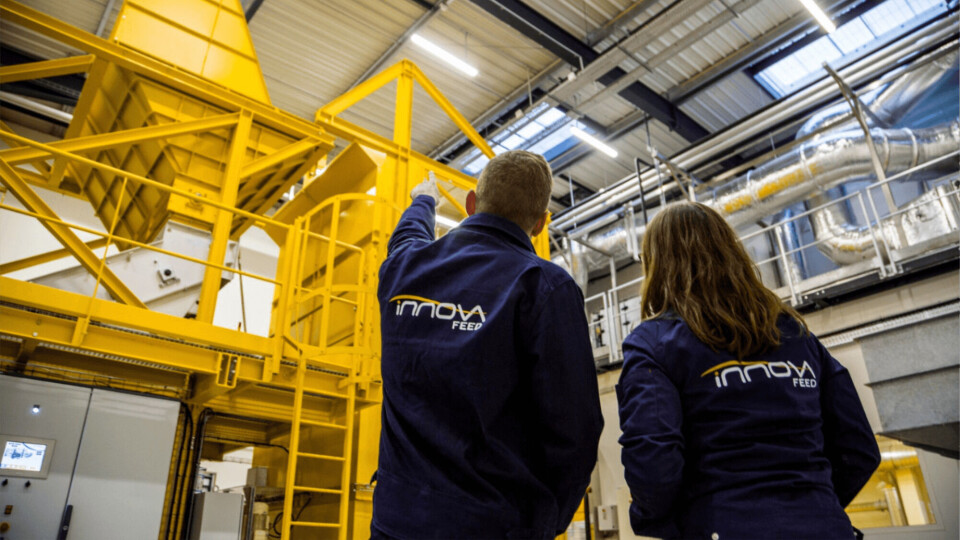
InnovaFeed goes organic
Insect farmer InnovaFeed, which produces an aquafeed protein ingredient from black soldier fly larvae, has achieved organic certification.
The company, which operates what it says is the world’s largest insect production facility at Nesle in northern France, has been certified by German company Naturland, which used the European Organic Standards as the basis for the first set of organic standards for insect rearing.
The European Union’s Farm to Fork strategy aims at increasing the proportion of land being farmed organically from 8.5% now to 25% by 2030.
Feed bottleneck
InnovaFeed said in a press release that the availability of organic feed ingredients is a bottleneck to organic farming growth. Insect ingredients (both oil and protein) offer a solution, driven by the rise of the insect sector over the past two years.
“Insects are at the heart of everything organic farming stands for: naturality, sustainability and strengthening of local agricultural ecosystems,” said Chloé Phan Van Phi, head of sales and marketing at InnovaFeed.
“Reintroducing insects in pig, poultry or fish feed is based on the biomimicry principle: insects are part of their natural diet. In the wild, insects comprise up to 70% of a trout’s diet. The zero waste and circular model of insect farming ensures insects are both a performant and sustainable resource for both plants and animal growth.”
Naturland
Under the Naturland certification, primarily organic vegetable by-products and residual materials from agro-industries processing are to be used as a substrate for insects.
The use of products that are in direct competition with human or animal nutrition is to be avoided.
Naturland certified insect producers need to follow a priority list and can feed their insects after approval with non-organic by-products, if and only if they can demonstrate there is no sufficient organic by-products available locally. These non-organic by-products must comply with a set of strict requirements including a complete ban on pesticides, heavy metals, GMO and be locally sourced.

Reinforcing organic aquaculture
“We believe the insect industry has an important role to play in supporting the growth of the EU organic agriculture and farming, in particular with regards to improving animal nutrition and reinforcing organic aquaculture, two of the key areas outlined in the Action Plan for the Development of the Organic Sector released by the European Commission,” said Clément Ray, InnovaFeed’s co-founder.
“To realise the potential of the insect industry for organic farming, the EU needs to define clear and adapted organic standards for insects.
“With such European standards and up to 500,000 tonnes of insect protein expected to be produced by 2030, this is an additional five million tonnes of organic fish, poultry or swine that could be produced in Europe.”






















































